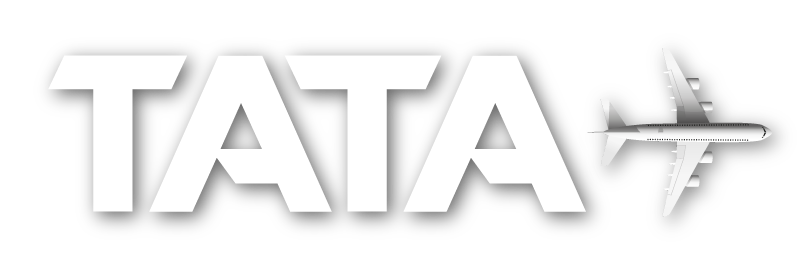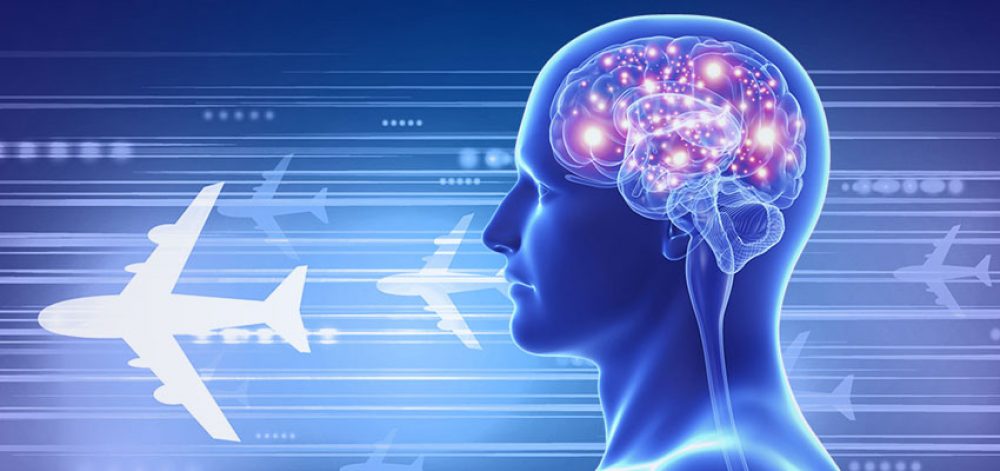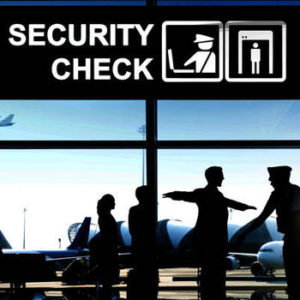Description
THIS IS THE QUICKEST AND EASIEST WAY TO GAIN YOUR HUMAN FACTORS CERTIFICATE!! A course in this format is not available elsewhere!!
We’re excited to be able to offer you this course in the unique Triple 7 format. You’ll watch ten, seven minute long videos, complete some questions as you go along and your certificate will be emailed to you upon completion. It’s that easy! You don’t even have to watch all the videos at once if you’re short on time. No need to read and click through a lengthy presentation on your computer screen, just grab a coffee, sit back and enjoy your Argent Advancements video training experience.
Our Human Factors course is appropriate for an “Initial” or a “continuation” training course (the certificate simply states “Human Factors” – should you wish to have either the words “Initial” or “continuation” on your certificate please email us as this can be easily be arranged.)
Our Human Factors course meets the requirements of EASA GM-145.A.30(e).
Humans rarely operate at 100% reliability. Our performance is influenced by many things, and the more performance influencing factors we have to contend with the more likely it is we will make errors. These occurs often result in personal injury. Many industries are mandated to study HF as it’s recognised that awareness can reduce the risk of injury and can bring about a cultural change in order to increase error reporting.
Training in human factors is, therefore, important in order not only to help people understand what the issues are, but how to adopt good human factors practice in all aspects of work. Such training is appropriate for all staff who have an impact upon safety. That could be most people within an organisation.
The aim of our Human Factors courses is to:
• impart knowledge on human factors and safety, and details of how the company human factors programme works;
• developing skills (where appropriate);
• influencing people’s attitudes and;
• influencing behaviour.
Human factors training should not be something radically new – it covers basic safety principles and practices which should already be incorporated within a safety management and quality system, and how to ensure that work is carried out in a professional manner.
Without proper training, other initiatives related to error management and safety improvement (such as error reporting and investigation, better shift and task handover procedures, improvements in procedure design, etc.) will probably not be effective in the long term. An integrated approach, linking human factors training with organisational safety management and error management initiatives, is essential.
For companies requiring 30 or more course licences, TATA can also provide a
comprehensive course management service, including monitoring, evaluating
and planning functions. Companies may wish to utilise TATA’s existing
courses, or have a course tailored specifically for their staff training.
For all of these cases, and for any other enquiries, please contact TATA so
that appropriate course delivery arrangements and fees can be agreed.





